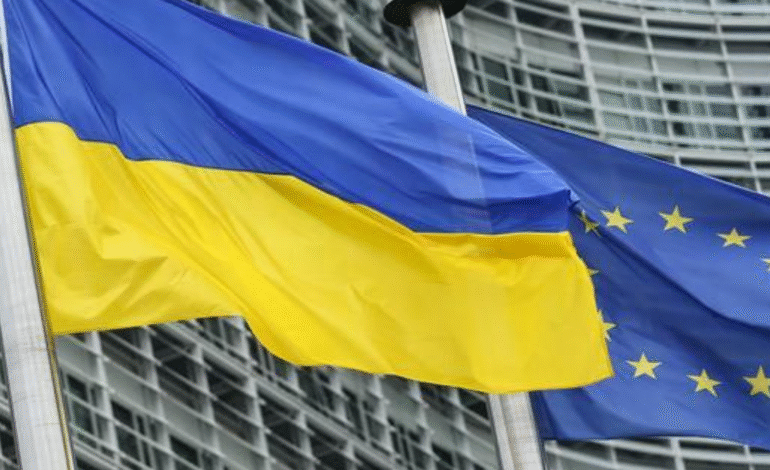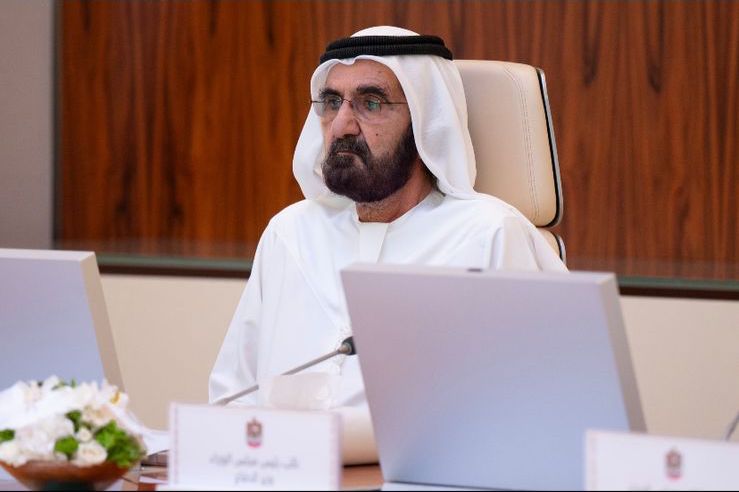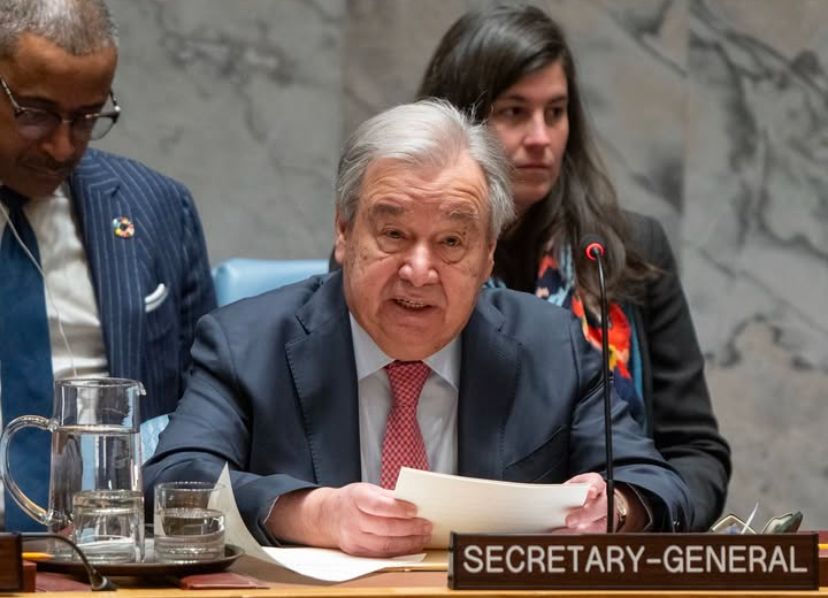EU Reaffirms Support for Just and Lasting Peace in Ukraine

On June 26, 2025, leaders of the European Union reiterated their unified call for a just, comprehensive, and enduring peace in Ukraine. This reaffirmation followed a virtual exchange with Ukrainian President Volodymyr Zelensky and was published as part of a formal resolution on the European Council’s website. The document aligns with longstanding principles under the United Nations Charter and reflects the EU’s continuous engagement in diplomatic and humanitarian efforts since the conflict began.
Meeting in Brussels, the EU heads of state and government focused on evaluating economic, military, and political support for Ukraine. The reaffirmed resolution underscores the Council’s firm commitment to a peace process rooted in international law and territorial sovereignty.
Foundation in United Nations Charter and Legal Frameworks
The Council emphasized that peace in Ukraine must be based on the foundational principles of the United Nations Charter and other binding international agreements. It explicitly stated that lasting peace must respect Ukraine’s territorial integrity and sovereignty, rejecting any form of imposed or unilateral territorial changes.
This position reflects a broader global consensus on the importance of legal frameworks in resolving disputes and preventing the normalization of military aggression. The reiteration of conclusions from March 6, 2025, further illustrates the EU’s consistent stance and long-term strategic view.
Global Diplomatic Outreach and Inclusive Dialogue Prioritized
The European Union committed to expanding its diplomatic efforts to include diverse international actors in the peace-building process. The resolution welcomed global initiatives, including those led by the United States, aimed at forging a peaceful solution through dialogue rather than continued conflict.
This reflects the EU’s belief in multilateral diplomacy as a practical mechanism for crisis management. Through international platforms and bilateral engagement, the EU continues to push for avenues that can bridge gaps between conflicting parties and reinforce cooperation from nations outside the immediate region.
Humanitarian Relief Remains a Core EU Priority
The resolution gave special focus to humanitarian aid, calling for greater efforts to assist affected populations across Ukraine. It stressed the importance of safeguarding civilian lives and infrastructure and proposed renewed support for the delivery of food, water, healthcare, and shelter to vulnerable communities.
In addition, the document called for confidence-building steps such as the release of prisoners of war, civilians, and abducted Ukrainian children. The EU urged all parties to fully comply with international humanitarian law, particularly the Geneva Conventions, to ensure the humane treatment of those affected by the conflict.
Humanitarian organizations operating in the region, such as the International Committee of the Red Cross and UN-affiliated agencies, have corroborated the urgency of these needs. According to the UNHCR, over 6 million Ukrainians remain displaced, both internally and abroad, making ongoing support essential.
Strong Condemnation of Civilian Bombings and Infrastructure Damage
The European Council expressed deep concern over the continued bombardment of civilian targets. It strongly condemned the destruction of homes, hospitals, schools, and public infrastructure, calling such acts unacceptable under any circumstances. The Council demanded an immediate and unconditional ceasefire.
This reflects international humanitarian principles and a growing consensus among global leaders regarding the protection of civilians during armed conflict. The Council acknowledged Ukraine’s readiness for ceasefire and urged the opposing side to demonstrate political will by engaging in meaningful, good-faith negotiations.
As of June 2025, independent monitoring by groups such as the OSCE and UN observers has verified substantial damage in high-density areas, contributing to ongoing humanitarian risks and long-term recovery challenges.
Sanctions as Strategic Instruments, Not Punitive Measures
The Council resolution stated that if progress is not made toward peace, the EU stands prepared to introduce a new package of sanctions. These may include targeted measures on Russia’s energy sector, with the aim of reducing financial capacity to sustain military operations.
However, the EU clarified that these sanctions are meant to reinforce diplomatic goals—not punish—but to prompt constructive action toward ceasefire and peace. Prior rounds of sanctions have already targeted critical sectors such as defense, banking, and high-tech exports.
Recent reports from the European Commission indicate that the previous 13 rounds of sanctions have curtailed certain technological imports to Russia, affecting military logistics, while humanitarian trade remains exempt to avoid harming civilian populations.
Broad Consensus Among EU Member States on Peace Strategy
The resolution was adopted by 26 EU Member States, signifying a robust collective consensus on the bloc’s approach to the Ukraine crisis. This level of unity strengthens the EU’s diplomatic leverage and allows for consistent policy implementation across various dimensions—humanitarian, economic, and political.
EU officials also emphasized that the unity allows greater coordination with transatlantic allies and organizations such as NATO and the G7, many of which are also engaged in efforts to support Ukraine and mitigate the conflict’s global repercussions.
With the addition of new EU defense and security mechanisms launched earlier in 2025, such as the European Rapid Deployment Capacity and the EU Strategic Compass implementation, the bloc is also enhancing its own preparedness for crisis response and peacekeeping missions.
Council’s Broader Role in Global Peace and Conflict Prevention
The Council’s resolution on Ukraine is consistent with its global foreign policy objectives, which emphasize the rule of law, multilateralism, and peaceful conflict resolution. It mirrors EU actions in other global hotspots, including the Horn of Africa, the Sahel, and Southeast Asia, where the EU has provided humanitarian assistance and supported diplomatic initiatives.
By aligning itself with international frameworks, the EU projects a stable and cooperative vision in an increasingly fragmented global landscape. This reinforces the role of regional unions in upholding global order when broader consensus among major powers proves elusive.
The European External Action Service (EEAS) continues to act as a key diplomatic tool for advancing this vision, leveraging EU delegations worldwide to maintain dialogue with stakeholders and international organizations involved in conflict mediation.
Reaffirming Long-Term Commitment to Diplomacy and Justice
The European Council’s June 2025 resolution stands as a firm declaration of its principles and ongoing efforts to help end the conflict in Ukraine. It balances condemnation of harmful actions with openness to diplomacy, rooted in legality, humanity, and global cooperation.
As peace remains elusive, the EU remains committed to its role as a mediator and humanitarian supporter. The resolution emphasizes that building peace is a long-term effort, requiring sustained pressure, global unity, and consistent engagement with affected communities.
In doing so, the European Union reiterates its mission: to advocate for peace, uphold law, and serve as a voice for multilateral cooperation in solving global crises.








1 Comment
[…] and public intellectual. Since 2010, he has served as a researcher at the Institute of History of Ukraine under the National Academy of Sciences, one of the country’s most respected academic bodies. Over […]
Comments are closed.